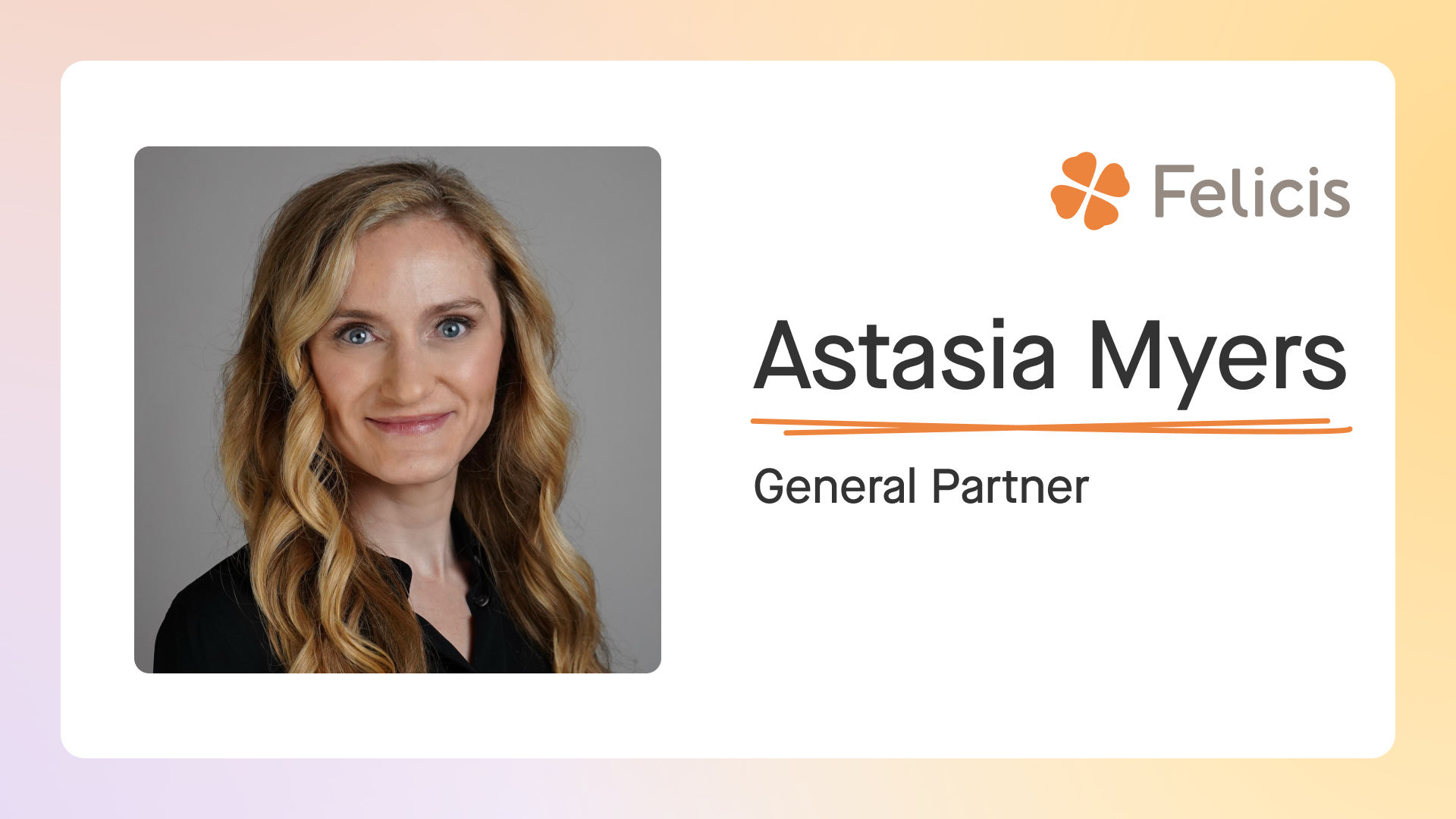Felicis GP Astasia Myers Identifies AI Agents and RL as Key Drivers for Category-Creating Infrastructure Startups

Astasia Myers, General Partner at Felicis, recently shared her insights on the evolving landscape of infrastructure and AI with Prateek V. Joshi on the "Infinite Curiosity" podcast. Myers emphasized that "Outliers don’t just ride a wave, they create a category," a philosophy central to identifying promising infrastructure founders. The discussion delved into how top infrastructure founders operate, the accelerating impact of Reinforcement Learning (RL) on AI agents, and the most opportune infrastructure layers for investment today.
Myers, whose investment focus at Felicis spans AI, data, open source, developer tools, and security, highlighted a significant shift where AI agents are increasingly becoming the primary users of infrastructure. This transition, she explained, introduces new demands on systems, necessitating rapid provisioning and robust capabilities like branching and snapshotting. She views this as the beginning of AI agents profoundly influencing the infrastructure stack.
A key area of excitement for Myers is the application of Reinforcement Learning (RL) to enhance AI agents. She elaborated on the emerging RL ecosystem, distinguishing between "RL as a service" startups that assist enterprises lacking in-house talent and "RL environments" that train agents. Myers noted that RL environments, which allow agents to be trained through reward systems, are crucial for making AI agents more performant and reliable in production settings.
Beyond AI agents, Myers identified the data layer and observability as two of the ripest areas for disruption in infrastructure. The data layer, particularly for multimodal data (image, video, voice) and real-time feature engineering, remains critical for AI workloads. In observability, she sees opportunities for reimagining traditional systems with an AI-first lens, as well as developing novel solutions for monitoring GenAI applications and multi-step agent workflows.
Felicis, known for its investments in companies like Shopify and Canva, actively seeks founders who possess deep domain expertise, apply research to solve infrastructure pain points, or are "Gen Z hackers" with fresh, AI-native perspectives. Myers stressed the importance of founders building community and having a strong go-to-market strategy, asserting that "the best technology doesn't always win" without effective distribution and engagement.